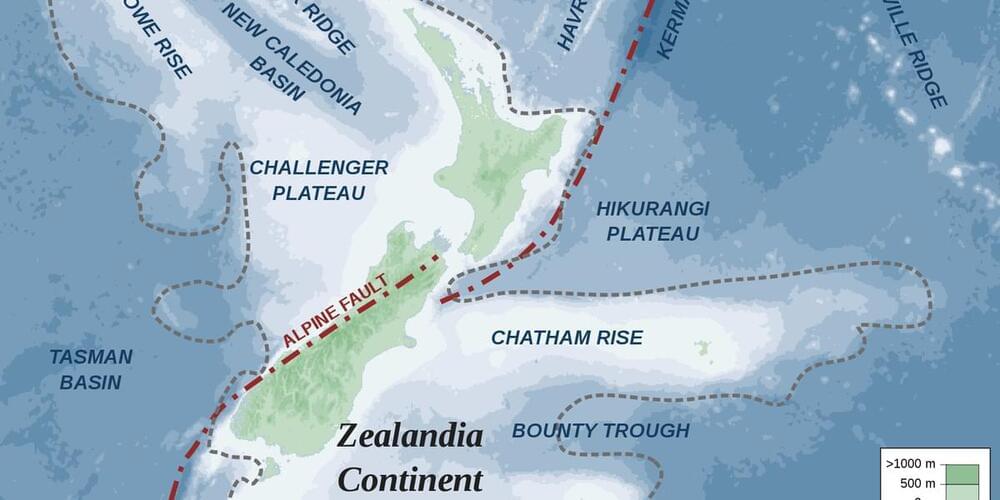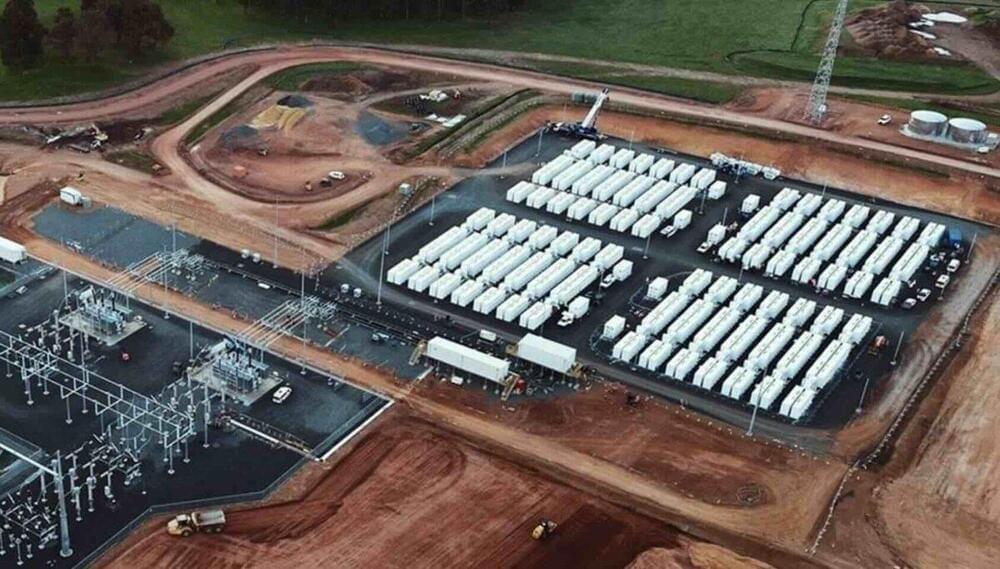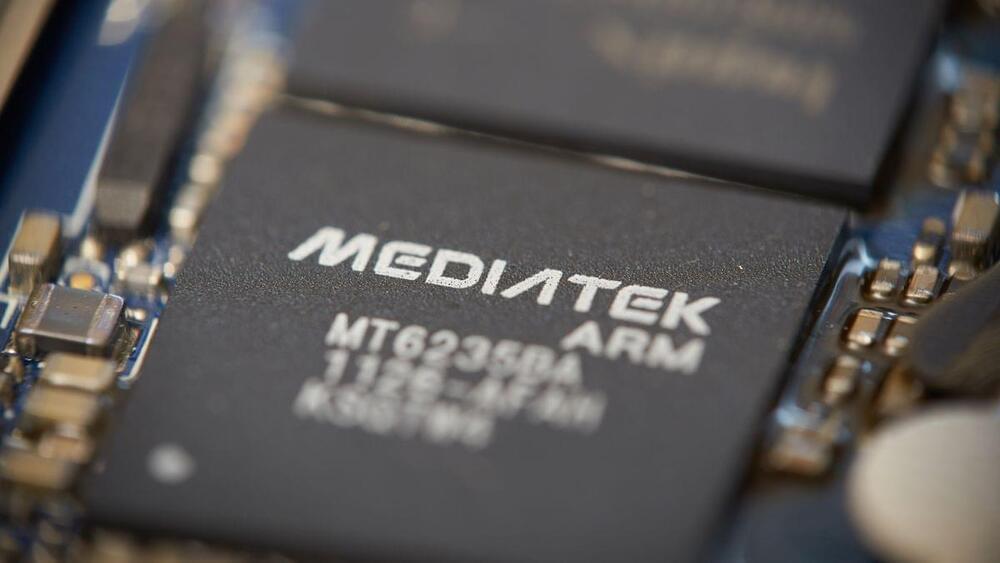According to a report by KPRC and the Texas General Land Office, officials are watching condensate leaking from an offshore drilling platform.



Are you ready to explore the technologies that will shape our future? In this video, we’ll dive…

You might think you know all the continents, but what about Zealandia?
In 2017, a previously unknown contingent of the shores of New Zealand was discovered — making headlines globally.
Zealandia, known as Te Riu-a-Māui in the Māori language, covers more than 5 million square kilometres, making it twice the size of the subcontinent of India.
Join us on Patreon! https://www.patreon.com/MichaelLustgartenPhDDiscount Links: NAD+ Quantification: https://www.jinfiniti.com/intracellular-nad-test/Use Cod…

Michael Graziano’s keynote at MESEC 2023 WinterSchool about the Attention Schema Theory (AST). Included topics: attention, attention schema, body schema, modeling vision and attention, illusionist For more information: https://mesec.co/paradigms

The first stage of what will be Australia’s biggest battery project has been energised – little more than a year after securing its development contract – and will soon be in operation to help flatten the growing solar duck in Western Australia’s main grid.
The Collie battery is being built by Neoen in two stages, including a 219 MW/877 MWh first stage that was among the first winners of special contracts issued last year to soak up rooftop solar in the middle of the day and time shift it to the evening peak.
A second stage of the battery – even bigger at 341 MW and 1,263 MWh – won a similar contract in a new tender held earlier this year and will become the biggest battery in the country when complete at 560 MW and 2,240 MWh.

To support my work & the Biolands saga https://www.patreon.com/AzeAlterThe planet has been divided by a mysterious phenomena known as ‘The Bloom’, a biologi…